I first read this book several years ago on the recommendation of a few other people. I wasn’t inclined to read the rest of the series at the time. As I reread it this last week I was interested to evaluate my opinion of the book. Had I been turned off by King’s unusual fantasy world or his style. Was it the ending?
I had been told, even by fans of the series, that The Gunslinger needs to be gotten past before you enjoy what King has in store. And it seemed as I read it that King himself felt this weakness at points in the story, seemingly stepping from behind a curtain to reassure his audience in passages like this one:
For the gunslinger, the tenseness of the coming climax was as imperceivable but as real (and accretive) as the fatigue of propelling the handcar … He felt like a performer placed on centre stage minutes before the rise of the curtain; settled in position with his first line held securely in his mind, he heard the unseen audience rattling programs and settling in their seats.
I find King’s style a little uneven. There are passages like this, occasionally, where King seems unable to resist selling the story rather than just telling it. But mostly, I have to say, I enjoyed the whole thing a great deal more this time. I thought there was much to like. King’s world of the gunslinger is an unusual fantasy, reminding me more of Joss Whedon’s sci-fi series, Firefly, rather than the Lord of the Rings, which he claims as an inspiration. Whedon’s drama took a little getting used to for me, and I suspect for many others, too, since the show was prematurely axed, but I appreciated the uniqueness of the show, as I do with what King has done here.
King’s protagonist, Roland, pursues the Man in Black Across a desert. Little explanation is given except by way of a series of flashbacks and a reveal at the end of the story which should be predictable enough. But as the story progresses we glimpse a world of America’s Wild West strangely transformed somewhere in an apocalyptic future. References to current places, culture and events are scattered throughout the text, leaving us to wonder; wonder what happened, wonder at the state of Roland’s sanity or the reality of the world Roland moves through. I haven’t read the rest of the series yet, but there are mysteries here which are not resolved by the closing section of the book.
Part of the vagueness of the plot lies in its archetypal presumptions. The Dark Tower is both a mystic source of scientific knowledge but also seems like a Grail motif. Likewise, Roland is not just the archetypal Gunslinger of America’s past (and future) but a Grail knight pursuing his purpose to the point of insanity.
While much of this is interesting, I still think the first part of the book is the strongest, up to the Section entitled The Way Station. I found Roland’s stay in Tull, his relationship with Annie and the back stories in this section interesting, and the ending of the section was more climactically gripping, for me, than the book’s finale, which seemed to slip into a lot of clichéd philosophising.
I’ll continue reading the series and see if it gets any better. Would I recommend this? Sure. There are some curious and atmospheric episodes and some good action pieces.

 RSS Feed
RSS Feed Facebook
Facebook Instagram
Instagram YouTube
YouTube Subscribe to our Newsletter
Subscribe to our Newsletter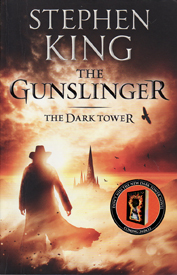

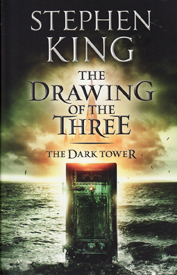
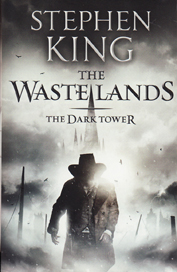
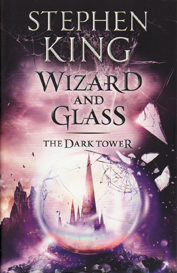
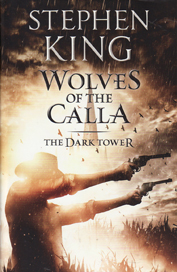
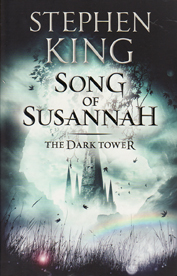
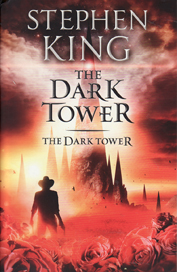
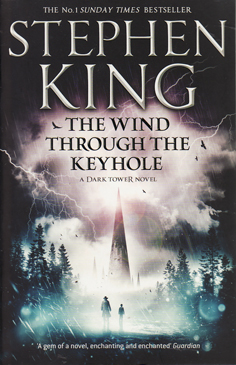


No one has commented yet. Be the first!